News
For media inquiries, please contact OUUVzrqvn@hpfs.rqhude.fscu@aidemIHHB
Aging & Homelessness: Causes, Consequences, and Solutions
UC San Diego Department of Medicine Grand Rounds •
February 9, 2022
Image
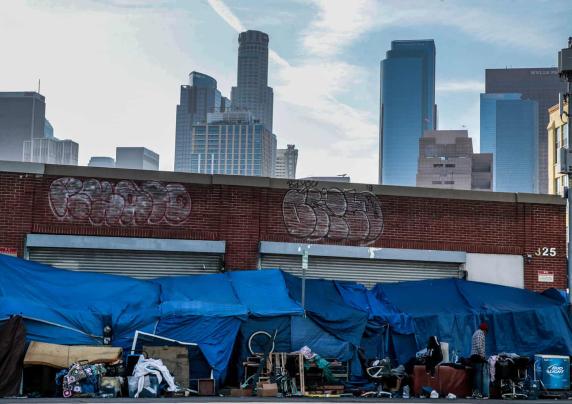
‘Homelessness Is Lethal’: US Deaths Among Those Without Housing Are Surging
The Guardian •
February 7, 2022
Image

San Diego 101: 3 Myths About Homelessness
Voice of San Diego •
February 1, 2022
Image
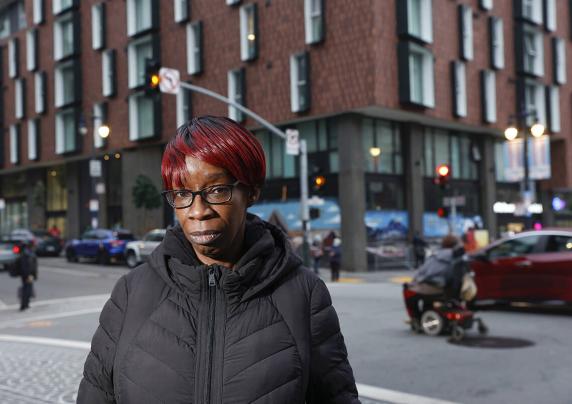
‘Housing-First’ Is Only the First Step to Solving Homeless Crisis in San Francisco
San Francisco Examiner •
December 7, 2021
Image
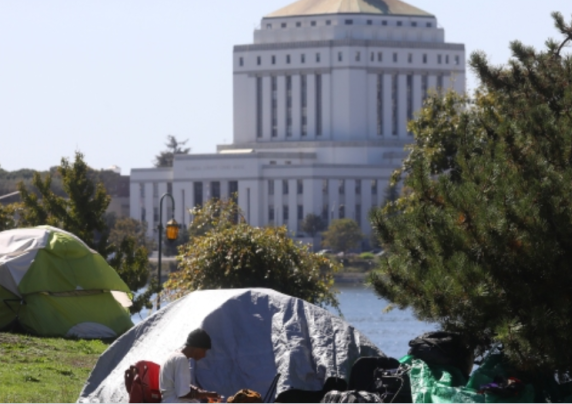
Cash for Rent: Oakland Experiments With New Homelessness Prevention Strategy
San Jose Mercury News •
November 26, 2021
Image
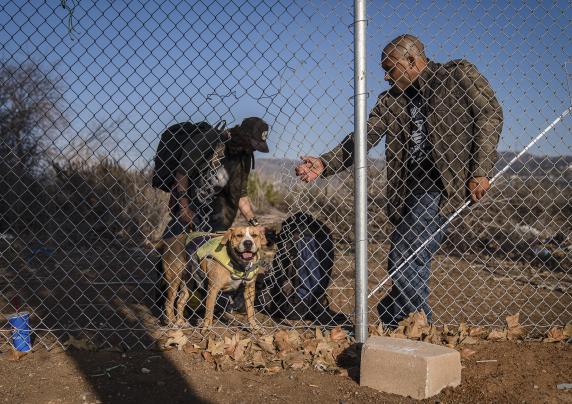
Will California’s Plan for Clearing Homeless Camps Work?
CalMatters •
November 16, 2021
Image

Will Oakland Prevent Homelessness by Paying Part of Struggling Residents’ Rent?
San Francisco Chronicle •
November 15, 2021
Image
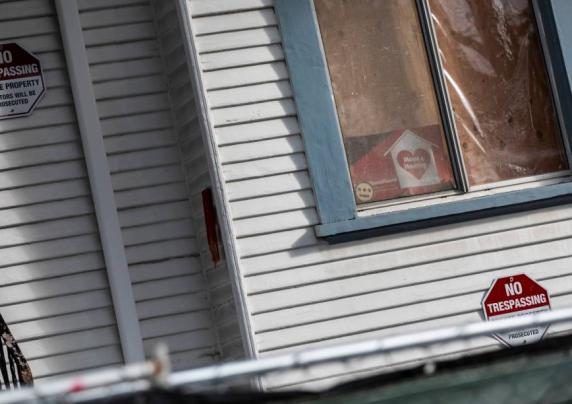
Profiles of Oakland’s Unhoused Spotlights Local Residents Who Aged into Homelessness
KQED Forum •
November 10, 2021
Image
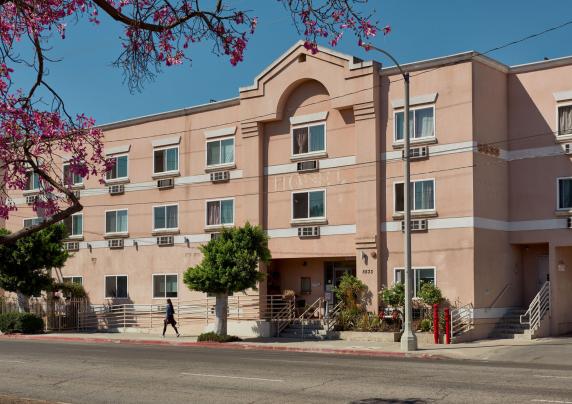
California’s ‘Magic Recipe’ for Reducing Homelessness
Politico •
November 4, 2021
Image
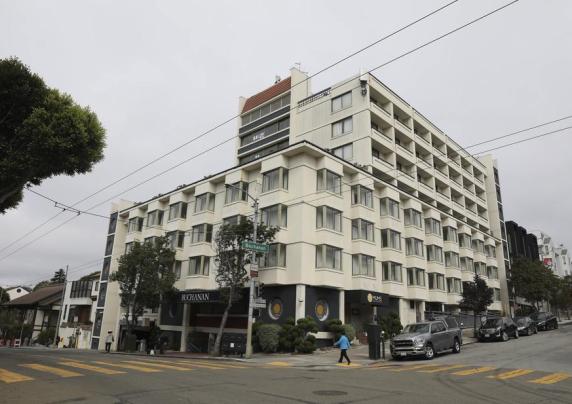
SF Is Buying Three Sites for Homeless Housing. Controversial Japantown Hotel Isn’t Yet One of Them
San Francisco Chronicle •
October 5, 2021